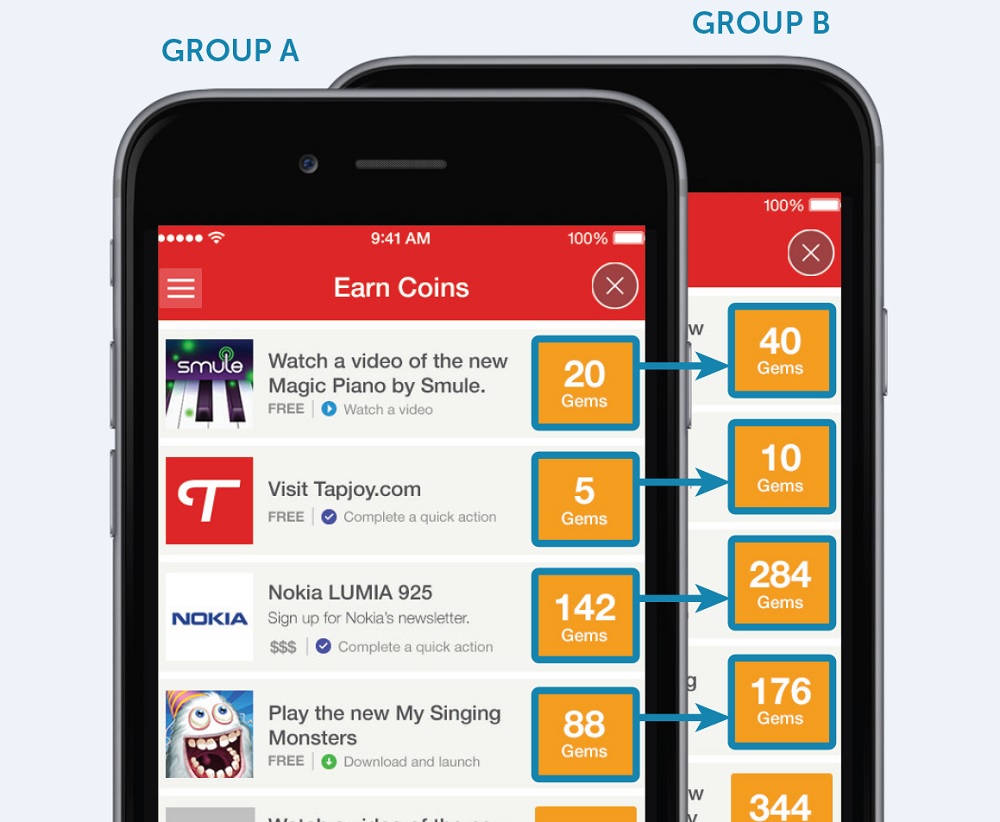Gree’s Kingdom Age is one of the top free-to-play fantasy role-playing games on mobile devices. But little did the Japanese mobile publishing company know that it had priced its virtual currency in the game too high.
With help from mobile monetization firm Tapjoy, it was able to change the currency pricing and boost ad revenue by 90 percent. That a remarkable boost for monetization for a single game, considering that Funzio (a company that Gree acquired) launched Kingdom Age more than three years ago.

Unlock premium content and VIP community perks with GB M A X!
Join now to enjoy our free and premium membership perks.
![]()

![]()